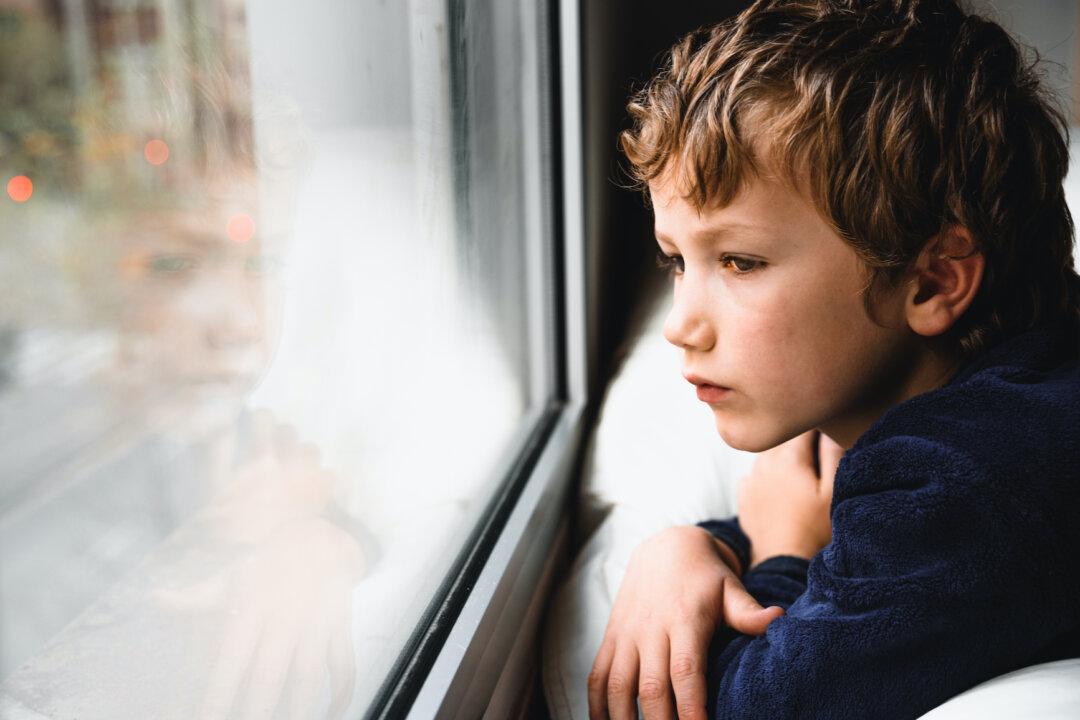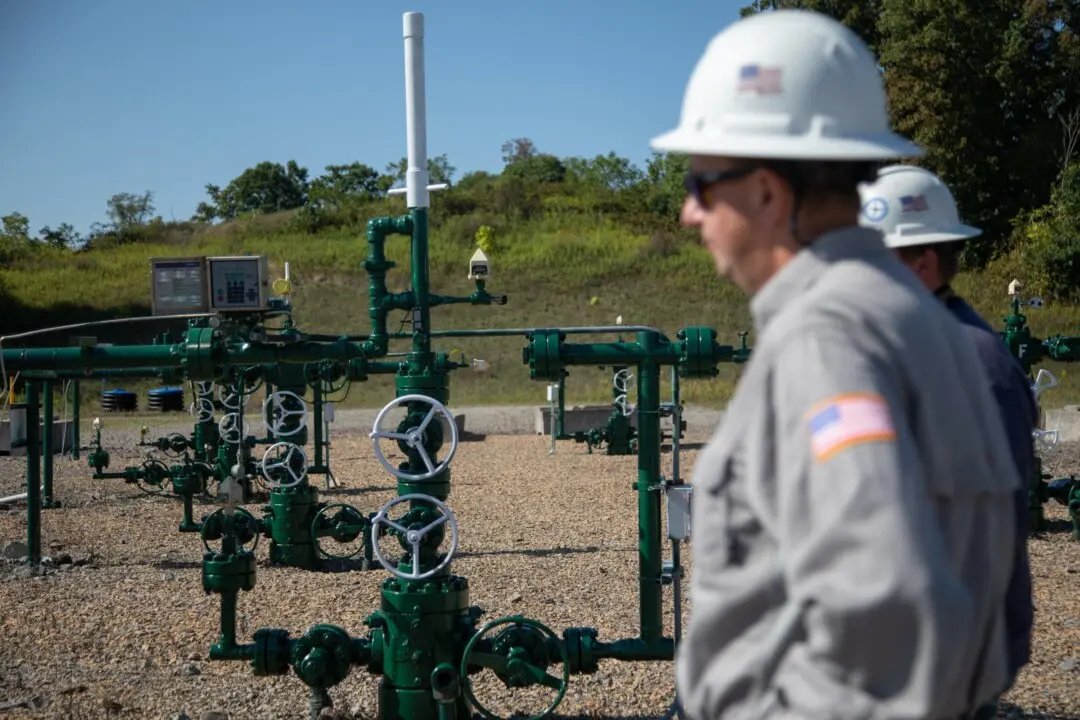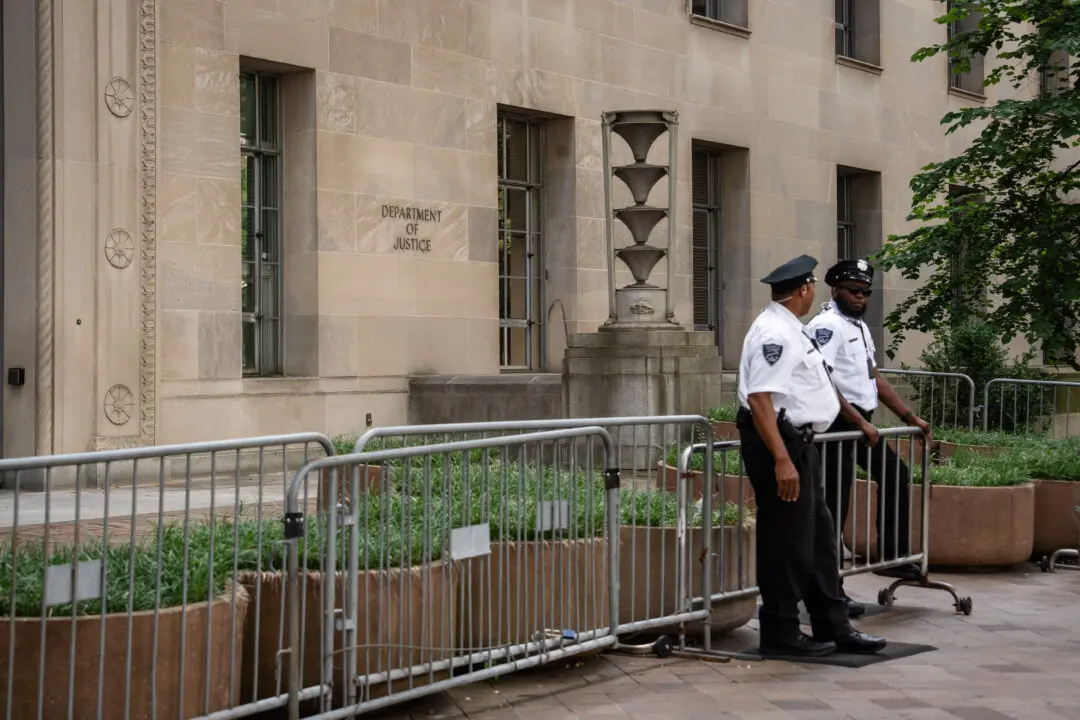Children as young as 8 years old should be screened for anxiety according to a leading panel on preventive health, amidst rising cases of mental disorders including depression, among kids and teens, particularly noted during the pandemic.
The “B Grade” draft guidance from the U.S. Preventive Services Task Force (USPSTF) recommends screening for major depressive disorder (MDD) in adolescents aged 12 to 18 years. It also recommends, for the first time, screening children aged 8 and older for anxiety.





